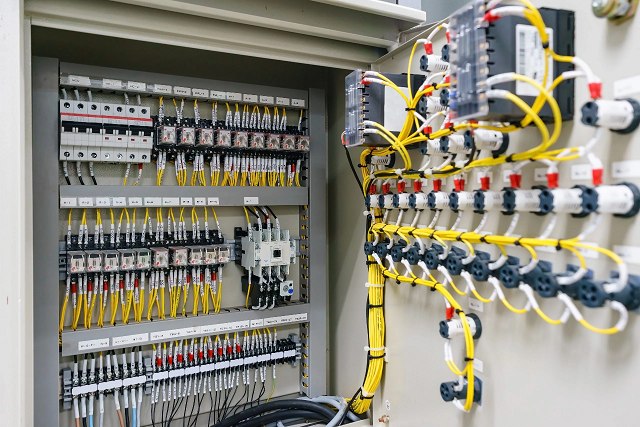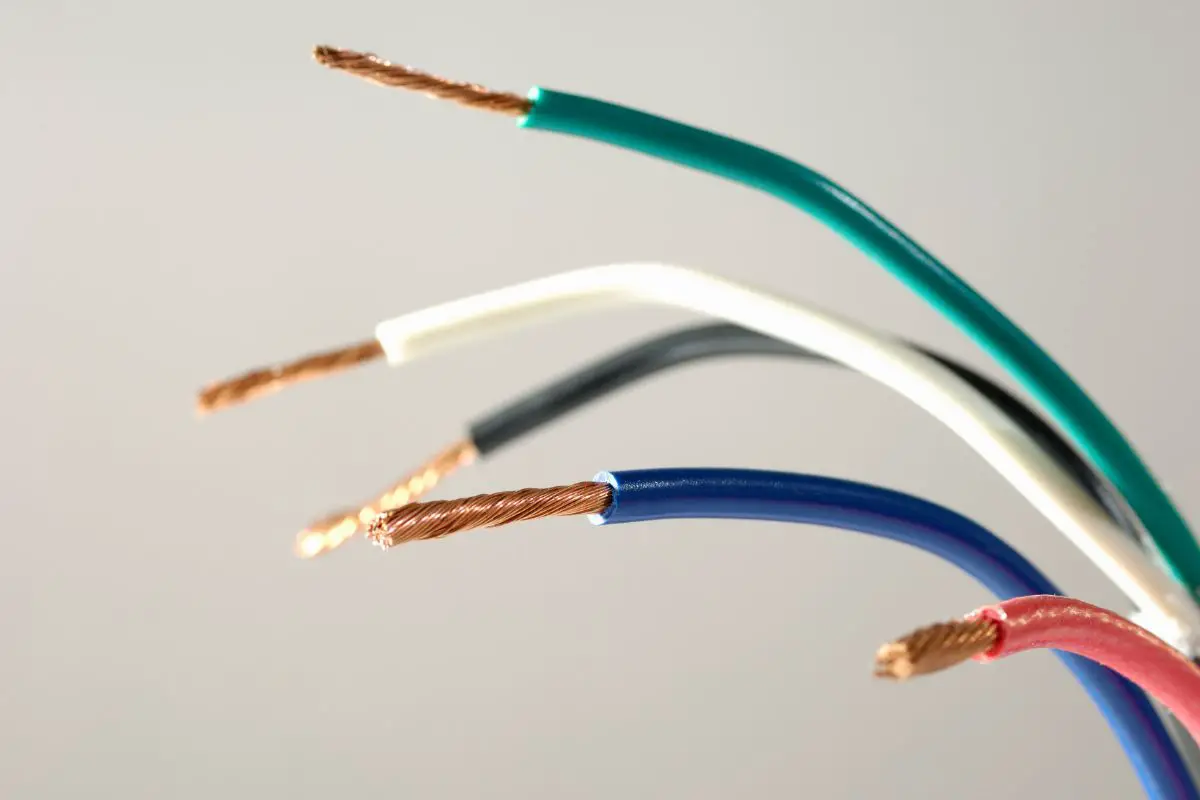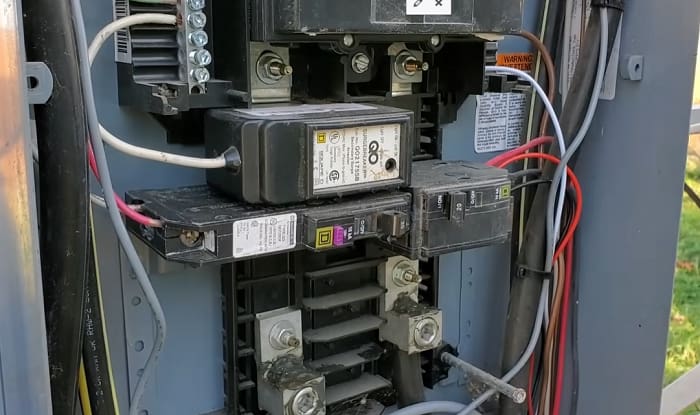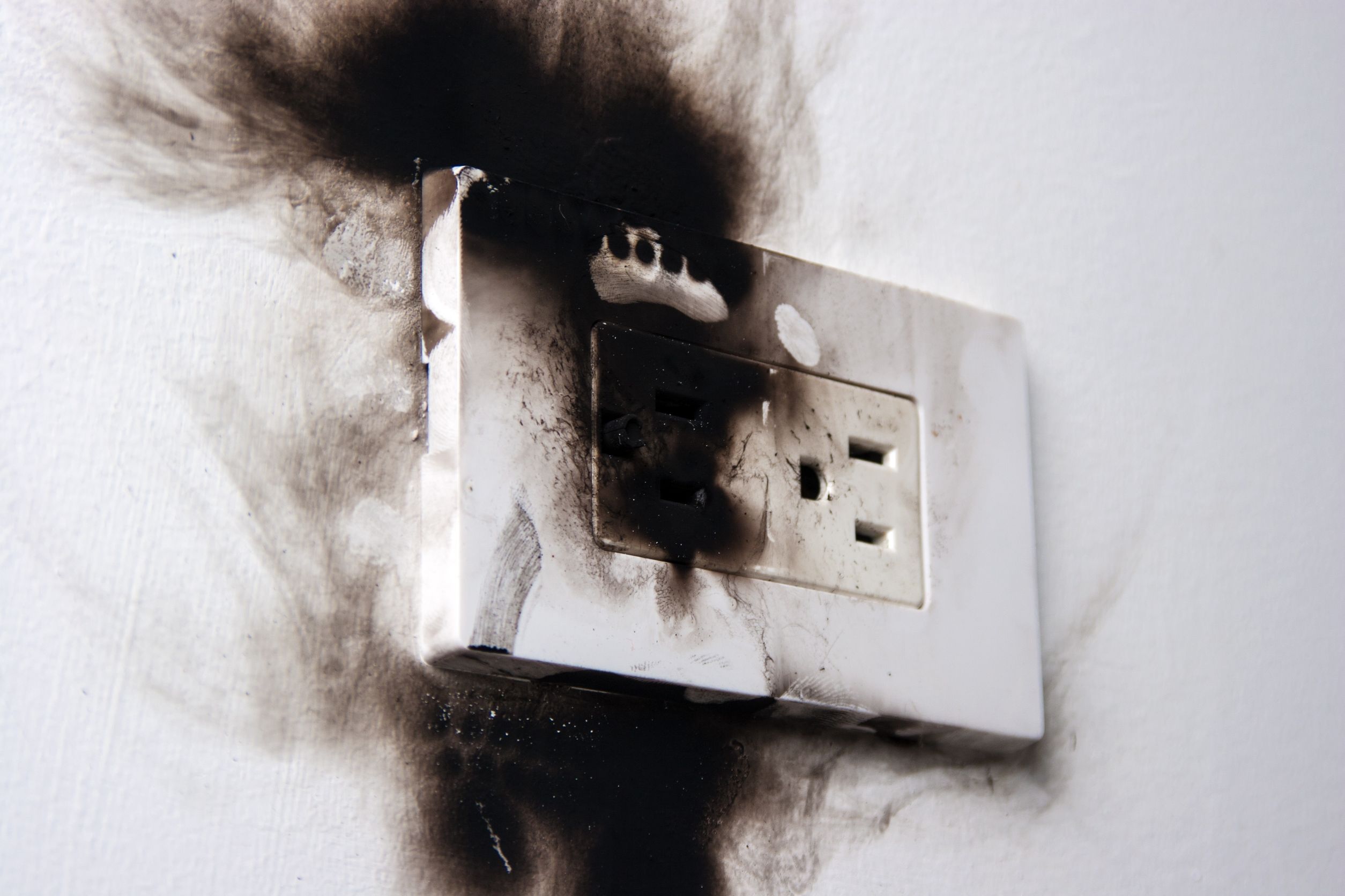When we flip a switch, we hardly think about the intricate network that enables us to enjoy the comforts of electricity. At the heart of this magic lies the unsung hero, the ELECTRICAL PANEL. Often tucked away in a corner of our homes or offices, these panels play a pivotal role in ensuring we have uninterrupted access to power. But what really is an electrical panel, and why should you be aware of its workings?
History and Evolution
The electrical panel, often referred to colloquially as the “fuse box,” has come a long way from its rudimentary beginnings. During the late 19th century, as electricity began finding its way into homes, there was an urgent need for a mechanism to regulate and distribute this newfound power. Enter the fuse box. Over the years, with advancements in technology and heightened safety requirements, these boxes evolved into the modern electrical panels we see today.
Basic Components and Their Roles
Inside the electrical panel, it’s a whirlwind of activity. Key components include:
- Circuit Breakers: These act as safety mechanisms, cutting off power when there’s an overload. They’re the guardians of the panel!
- Main Breaker: This controls the electricity supply to the entire home. It’s essentially the master switch.
- Bus Bars: These conduct electricity from the main breaker to the individual circuit breakers.
Each component plays a pivotal role in ensuring our gadgets stay powered and our homes remain safe.
Common Types and Their Differences
From main breaker panels to sub-panels, there’s a variety to choose from. Each type serves a specific purpose and is tailor-made for varying requirements.
Safety and Precautions
Why Safety is Paramount
Ever heard the saying, “It’s better to be safe than sorry”? This holds especially true for electrical panels. A lapse in safety can lead to fires, equipment damage, and even fatalities.
Tips to Ensure Safe Usage
- Always keep the area around the electrical panel clear. This isn’t just for aesthetics; it ensures easy access during emergencies.
- Label each circuit breaker clearly. You don’t want to be playing the guessing game when things go south!
- Never attempt DIY repairs if you’re unsure. Sometimes, it’s best to leave it to the pros.
Common Mistakes to Avoid
You’d be surprised how many folks use a metal tool to reset a breaker or forget to turn off the main switch before tinkering around. Remember, caution is key!
Maintenance and Troubleshooting
Signs Your Panel Needs Attention
From flickering lights to burning smells, your electrical panel will often give subtle hints when things aren’t right. Being vigilant can save a ton of trouble later.
Routine Maintenance Tips
Regular inspections, keeping the panel dust-free, and ensuring no wires are loose are small steps that can go a long way in ensuring longevity.
Steps for Troubleshooting Common Issues
Got a tripped breaker? Don’t panic. Turn off all devices on that circuit, reset the breaker, and you’re good to go. If problems persist, maybe it’s time to call in an expert.
Modern Advancements and Innovations
The Role of Technology
With smart homes becoming the norm, electrical panels too are getting a tech makeover. Today’s panels come with features like remote monitoring and even AI-powered predictive maintenance.
Upcoming Trends in Electrical Panels
From solar-integrated panels to those that can communicate with your home automation system, the future looks bright and electrifying!
Environmental Impacts and Sustainable Options
Green is the new gold. Modern electrical panels are designed keeping sustainability in mind, reducing wastage and being more energy efficient.
Selecting the Right Panel
Factors to Consider
From your power consumption patterns to the size of your home, various factors influence the perfect choice of panel for you.
Best Brands and Recommendations
While brands like Schneider and Siemens have been old players, newer entrants are also making waves with innovative offerings.
Installation Tips and Tricks
Remember, the panel should be easily accessible yet away from direct exposure to the elements. And always, always get a professional for installation.
The Future of Electrical Panels
Predictions for the Next Decade
With the world moving towards renewable sources of energy, how will the humble electrical panel adapt and evolve? Only time will tell.
How to Stay Updated
Subscribing to electrical journals, attending webinars, or even joining online forums can be a great way to stay abreast of the latest in the world of electrical panels.
Common FAQs
What is the lifespan of an electrical panel?
On average, an electrical panel lasts between 25-40 years. However, regular maintenance can extend its life.
How often should I inspect my panel?
A yearly inspection by a professional is ideal, but also keep an eye out for any irregularities yourself.
Is it expensive to replace an electrical panel?
Costs vary depending on the brand and capacity. Always get a quote beforehand to avoid surprises.
Can I install an electrical panel myself?
While it might be tempting, it’s best left to professionals. Safety first!
How do I know if my panel is overloaded?
Constant tripping, dimming lights, or a humming sound are usually indicators.
Are smart panels worth the investment?
Given their advanced features and potential for energy saving, they’re definitely worth considering.
Conclusion
The electrical panel might seem like just another box in your house, but it’s the unsung sentinel, ensuring that your daily life is electrified and smooth. By understanding its intricacies, not only can we ensure a safer environment, but we can




